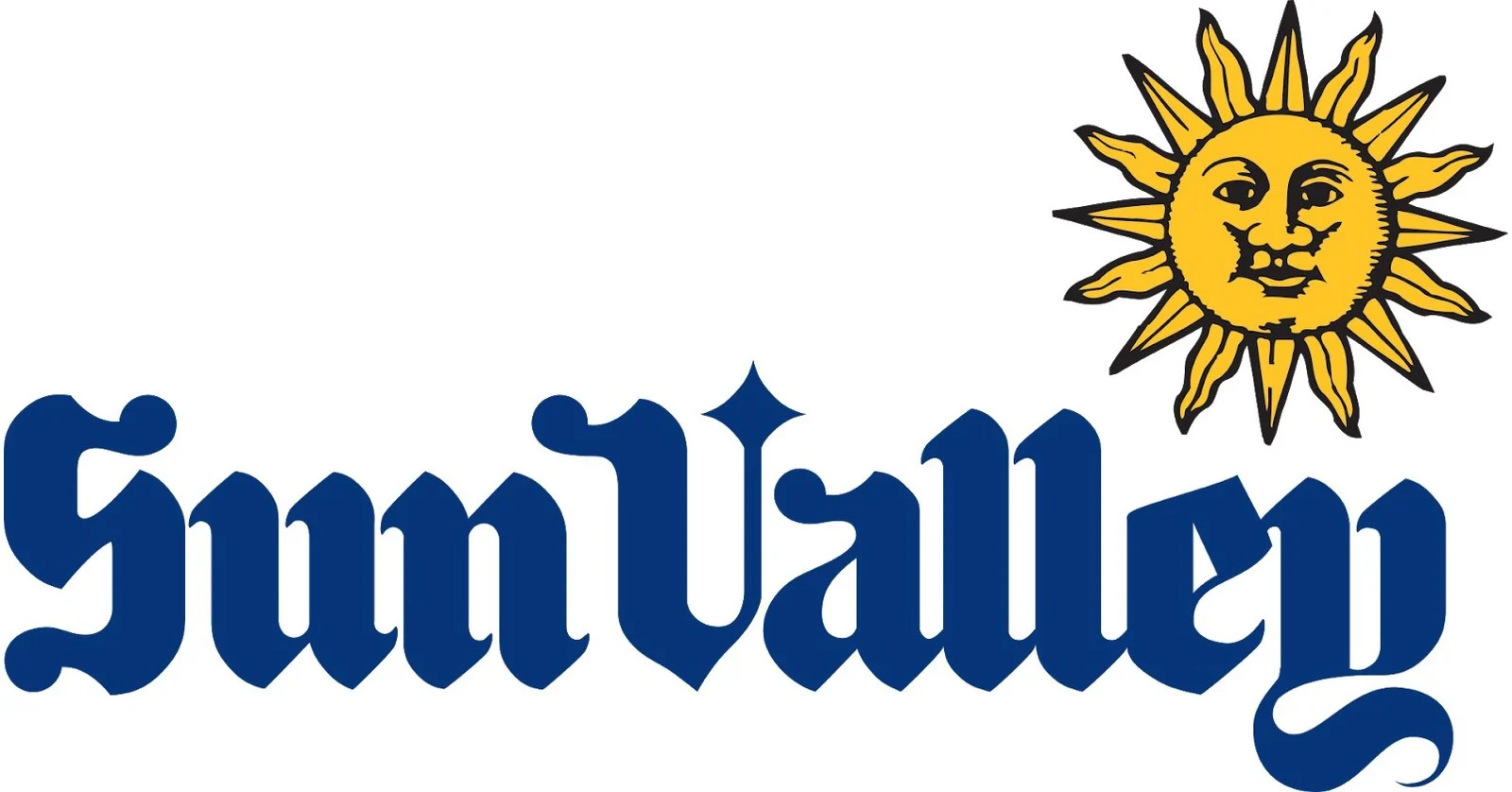



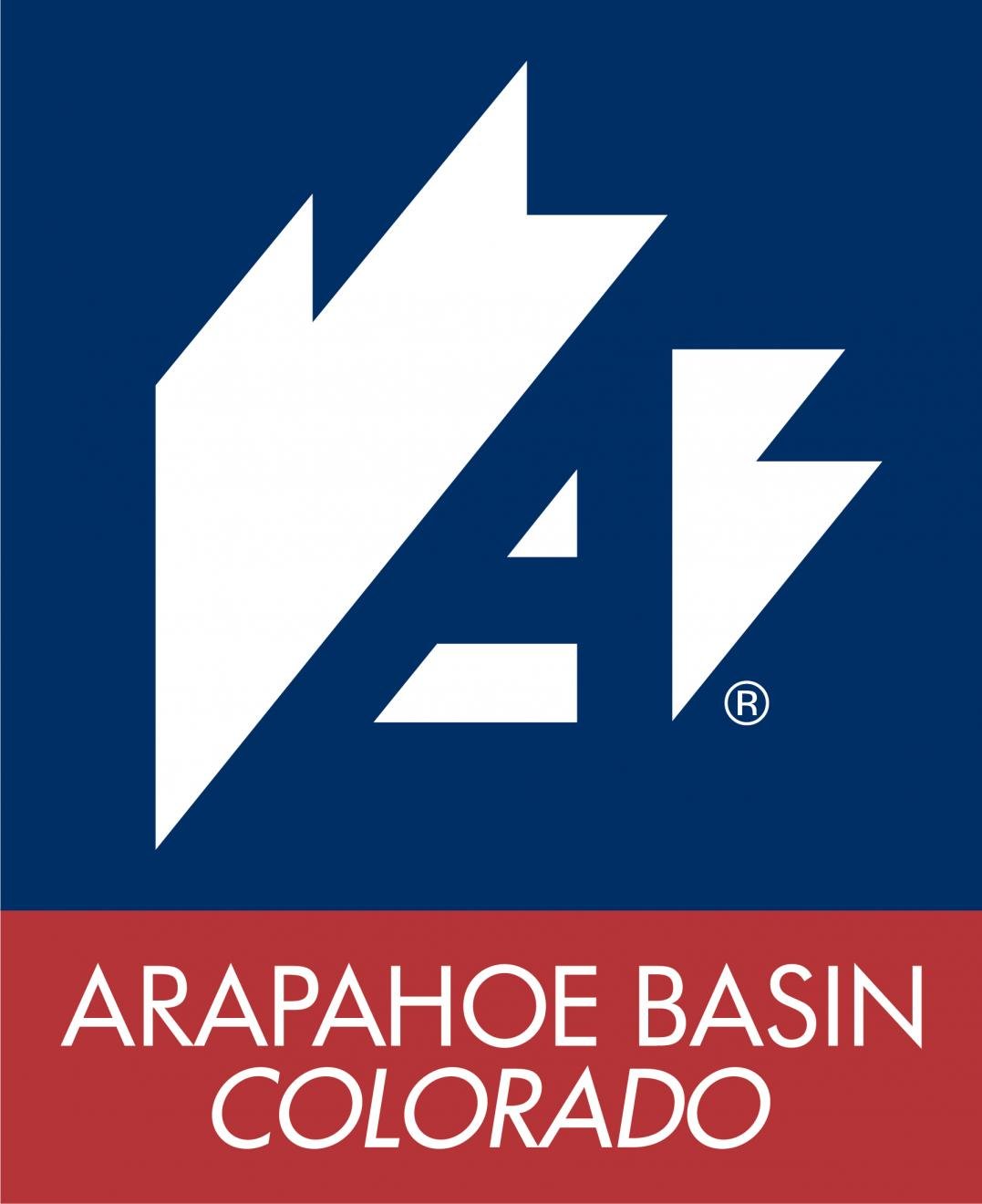
Once again this year, the Summit will feature a special arrival day opportunity hosted by the National Ski Areas Association and Ski Area Management Magazine for ski area attendees only on the afternoon of Monday, October 6th before the Summit officially begins.
Join your peers at Arapahoe Basin Ski Area for a sustainability panel discussion followed by a Happy Hour.
This event is a great opportunity to connect with other ski area colleagues and learn from your peers before the Summit. This event is for ski area leaders only. It is free and space is limited. Click Here To Register.
Thank you to our event sponsors: PepsiCo, SE Group and Brendle Group:



Arriving early? Join us at the Hotel Alpenrock’s Carter Lobby Bar to check in for the conference, meet up with old and new friends with a cash bar and light snacks.
Check in for the conference while enjoying a delicious breakfast provided by locally owned Black Diamond Catering. Colorado sourced products will be served, along with a strong focus on a sustainable footprint.

Summit Emcee: Rollie Williams, host Climate Town
Welcome to Breckenridge – Mayor Kelly Owens
Chris Steinkamp, Executive Director, MT2030

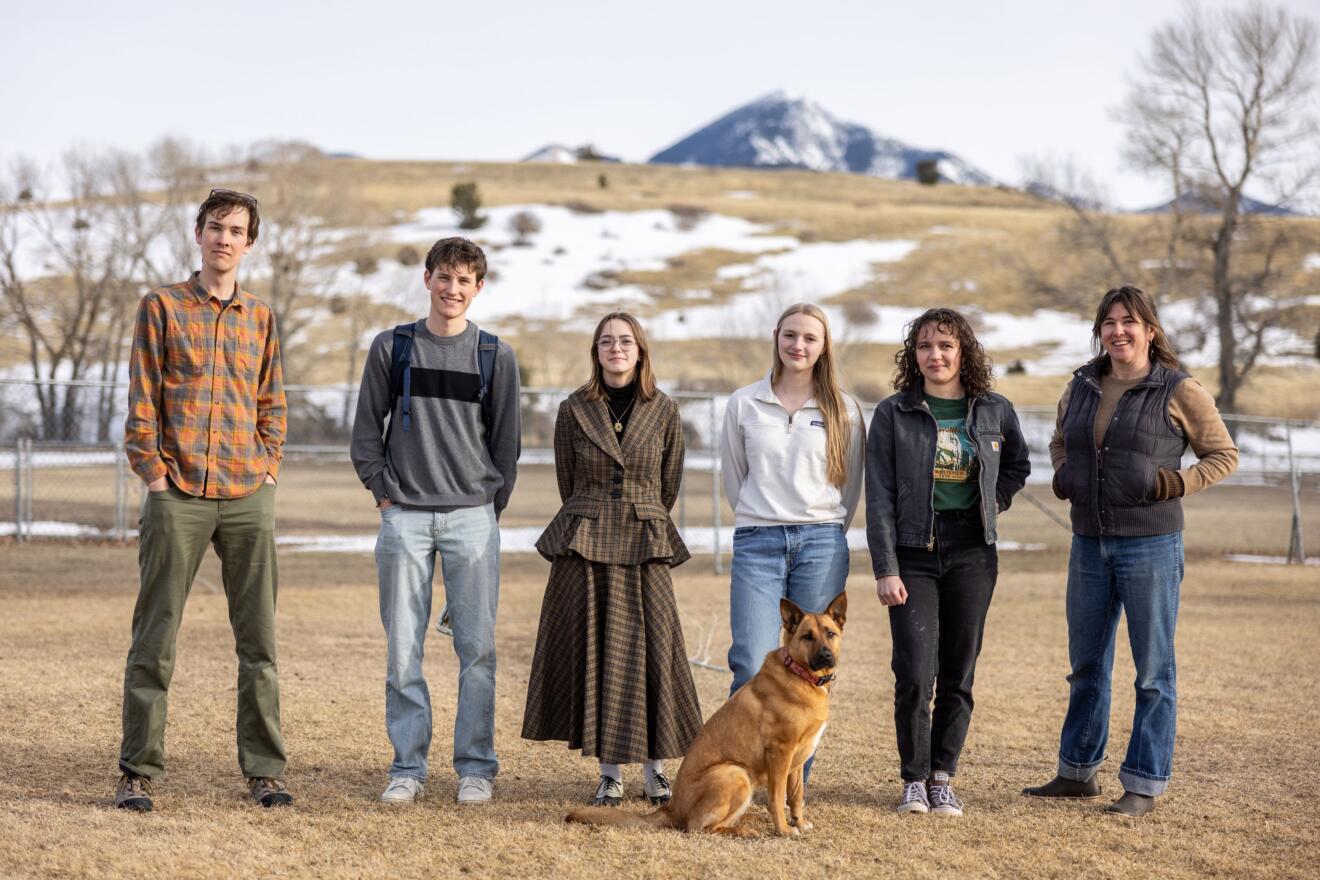
Kicking off this years’ Summit are the youth climate activists from Livingston, Montana, an unlikely incubator for climate action. With a population of about 9,000, Livingston is situated in a fossil fuel-driven, Republican-led state where leaders are actively working to hinder efforts to combat climate change. But students at the local Park High School have been leaders in the fight for change, and their impact has stretched far beyond their hometown.
A participant in a student climate club was one of the 16 plaintiffs who sued the state of Montana in 2020 alleging that, through its fossil fuel-centric policies, the state was violating their constitutionally enshrined right to “a clean and healthful environment.” Following a victory that was upheld by the Montana Supreme Court, current and former members of the club joined another lawsuit in May, arguing that the President’s executive orders on climate and the environment infringe on young people’s fundamental rights.
Hear from these young climate activists in a conversation with High Country News, a reader-powered nonprofit serving communities across the Western U.S.
Global warming, air pollution, and energy insecurity are three of the most significant problems facing the world today. This talk discusses the development of technical and economic roadmaps to solve these problems in on-grid and off-grid communities, the fifty United States, and countries worldwide. The solution is to electrify buildings, transport, and industry and provide the electricity with 100% clean, renewable wind, water, and sunlight (WWS) and storage. Results indicate the grid can remain stable at low cost in all 50 states and each of 150 countries examined. Aside from mitigating global warming, these roadmaps have the potential to eliminate over seven million air pollution deaths annually, reduce international conflict over energy, stabilize energy prices, reduce catastrophic risk, and create jobs. The talk also discusses why we do not need “miracle” technologies such as carbon capture, direct air capture, blue hydrogen, small modular nuclear reactors, or bioenergy.
Guest:
Mark Jacobsen, Professor of Civil and Environmental Engineering and Director of the Atmosphere/Energy Program at Stanford University.

Mountain towns and ski areas have a unique relationship – connected by a deep reliance on natural systems. Ski areas often sit up-stream from mountain communities – both physically, at the headwaters of our watersheds; and economically, creating employment opportunities and bringing in visitors from across the nation and around the world. This session explores how communities and ski areas can work together to steward forests, watersheds, habitat while strengthening resilience to a changing climate. From wildfire mitigation to wastewater treatment and water conservation, we’ll hear from ski area representatives and highlight real-world examples of collaborative approaches that align ecological health and climate resilience with long-term economic sustainability. We’ll also review tools and resources that both ski areas and mountain towns can use to understand, evaluate, and mitigate climate change vulnerability
Guests:
Energy policy should not be a red or blue issue. Without bipartisanship, substantial policy that addresses America’s needs, from energy security to emissions reduction in the long term, is not possible. This conversation will help us better understand how to bridge the partisan gap on climate policies to drive real, lasting progress while also discussing what the current political atmosphere in Washington means for the future of climate policy.
Guests:

Enjoy a short walk or e-bike ride to the Hotel Alpenrock for lunch, followed by engaging afternoon work sessions
Now is the time to roll up your sleeves and put talk into action. Taking place at Hotel Alpenrock, you can choose which of these hour-long breakout sessions most interest you. You’ll end the day with new ideas and actionable strategies that will optimize your approach to climate change back home.

Engage & Advocate
Local actions can drive statewide change—especially when communities unite behind a shared vision. In Colorado’s high country, Breckenridge, Summit County and neighboring towns formed the Mountain Community Coalition to intervene in Xcel’s Mountain Energy Project. Their collective effort ensured outcomes that advanced local climate goals while protecting clean energy affordability. This session will share lessons learned as an intervening party, explore the challenges and opportunities of influencing utility proceedings, and offer practical takeaways for how local governments can leverage their collective voice to achieve stronger climate and energy outcomes at regulatory agencies.
Nature Based
Hosted by the Western Water Assessment (WWA), this session confronts the escalating “Wildfire Problem” by convening leading experts in wildfire risk assessments, preparedness, and on-the-ground community resilience. Panelists will present best available science and share practical experiences in developing and implementing successful fire adaptation strategies relevant to mountain town settings. Join us for a series of insightful short talks followed by an interactive discussion aimed at fostering a collective network to build a wildfire resilience for mountain town communities. Following the session, the WWA team will be available to connect with and provide sample assessments of wildfire exposure to attendees.
Fix Transportation
Mountain towns have specific considerations when it comes to electrifying their fleet, but with proper planning they can identify applications that make sense with little to no impact to operations. The City of Aspen made headlines for it’s purchase of 5 Tesla Model Ys for the Aspen Police Department back in 2021. This presentation will cover lessons learned and what’s planned for the entire City of Aspen fleet. Presenters include staff from the City of Aspen’s Fleet and Sustainability Offices, and telematics and analytics partner Sawatch Labs, a WEX Company.
Deploy Clean Energy
Mountain towns are often at increased risk of extreme weather and potential grid disruptions. Through planning for and investing in energy resilience, rural communities can better prepare for a changing climate. In this session, the mountain towns will highlight how their communities have understood and responded to energy resilience needs: through microgrids, energy storage, and resilience hubs. Staff from the Colorado Resiliency Office will facilitate the conversation and share lessons learned from their energy resilience work, including a critical facilities prioritization process that attendees can take back to their communities.
Personal Development
What if the very emotions that leave us stuck—grief, despair, fury—were the raw materials of transformation? The Civic Courage Lab™ invites you to turn today’s leadership stressors into clarity, connection, and courageous action. Guided by The COURAGE METHOD™ and the Six Pillars of Empowered Leadership, you’ll practice grounding techniques, peer connection, and whole-human approaches that transform roadblocks into building blocks. Because effective leadership in the era of climate attack requires more than strategy—it requires courage. Leadership is not only about solving problems; it’s about who we become in the process. You’ll leave with renewed clarity, practical tools, and a deeper capacity to guide your community toward a resilient future—plus the opportunity to connect with Kim Wheels of Luna Energy Adventures.
Engage & Advocate
In today’s shifting political landscape, it’s more important than ever to engage in climate advocacy. This session, moderated by leading advocacy organization Ceres, features a panel of ski area leaders who are navigating these challenges and seizing opportunities to speak up for climate solutions. From building bipartisan relationships to making your message resonate, you’ll hear firsthand how advocacy is not only possible—but essential. There’s more opportunity for action than you might think – now is the time to step up, share your story, and help shape the policies that impact our mountains and communities. Join us in this session for concrete strategies, next steps, and inspiration for engaging in climate advocacy.
Green Your Finances
This session will show towns how to turn finance into one of the most powerful tools in their climate action toolkit. Topo Finance will reveal how communities can both cut the hidden emissions tied to their banking practices and unlock bold new sources of capital to fund local climate solutions. We’ll go beyond traditional finance to explore creative, out-of-the-box approaches. If your community has ambitious climate goals but is looking for fresh, practical ways to leverage finance, join us for a collaborative conversation you don’t want to miss.

Engage & Advocate
The federal landscape is much different today than it was when Mountain Towns last convened. How are communities and coalitions advancing their sustainability and climate policies in light of these changes? Hear from panelists that hail from a diversity of political environments to see how we are advancing our shared values and goals.
Sustainable Travel
This session will spotlight an innovative, action-oriented model designed to equip mountain communities to lead the way on climate response through strategic collaboration with tourism partners. Participants will gain insights from recent research conducted in partnership with The Travel Foundation, focused on building tourism resilience in a changing climate. Hear from the Aspen Chamber Resort Association on how their destination management plan intersects with local government climate action priorities. The Town of Mt. Crested Butte will share their plans to further integrate climate action planning efforts into the visitor experience.
Participants will have the opportunity to brainstorm and develop concrete ideas on how to effectively work with the tourism industry to create more impactful climate actions. Then, we’ll open up to a larger group discussion.
Deploy Clean Energy
This session explores how rural communities can balance renewable energy development with agricultural needs, small-town values, wildlife protection, and the preservation of cherished landscapes. Participants will gain insights into strategies for addressing NIMBY concerns, building trust with key stakeholders, and advancing clean energy projects from planning to implementation.
Fix Transportation
A shortage of long-term housing forces long commutes and higher emissions. Learn how The Town of Truckee’s housing programs, including Lease to Locals, repurpose existing housing stock for local workers, reducing vehicle miles traveled and building a more sustainable mountain community.
Protect The Natural Environment
Join Chris Hazen and Starr Jamison as they share how San Miguel County piloted and scaled an innovative Payment for Ecosystem Services (PES) program. Learn how creative funding, cross-agency partnerships, and on-the-ground collaboration turned a pilot into a thriving annual initiative. The session will explore the hurdles of engaging ranchers, farmers, and producers – and the solutions that built trust and buy-in. With other counties now looking to replicate the model, this presentation offers both inspiration and practical insights for communities eager to launch similar programs.
Fix Transportation
Join us for this all-star lineup with the San Miguel Authority for Regional Transportation (SMART), Winter Park, and Park City to explore the current and future best practices for mountain town mobility. We will dive into future technologies, decarbonization and innovative funding strategies in this sustainable and resilient mobility panel.
Fix Transportation
106West is removing large trucks from mountain towns and replacing all of them with a couple of small electric delivery carts. Their services are increasing pedestrian safety, reducing delivery truck congestion, and eliminating Scope 1 GHGs emitted by delivery trucks idling for hours every day in downtown areas.
Take a short walk or e-bike to 106West’s local distribution center in Breckenridge to learn how 106West is revolutionizing the last-mile of food and beverage deliveries in mountain towns. Meet in the Alpenrock lobby at 2:30 p.m.


Join us at the Riverwalk Center for our opening reception – a chance to reflect on the day’s workshops, exchange ideas, and connect with fellow attendees. Enjoy complimentary craft beer from Breckenridge Brewery & cash bar, delicious bites from Black Diamond Catering, and local entertainment before our evening speaker.
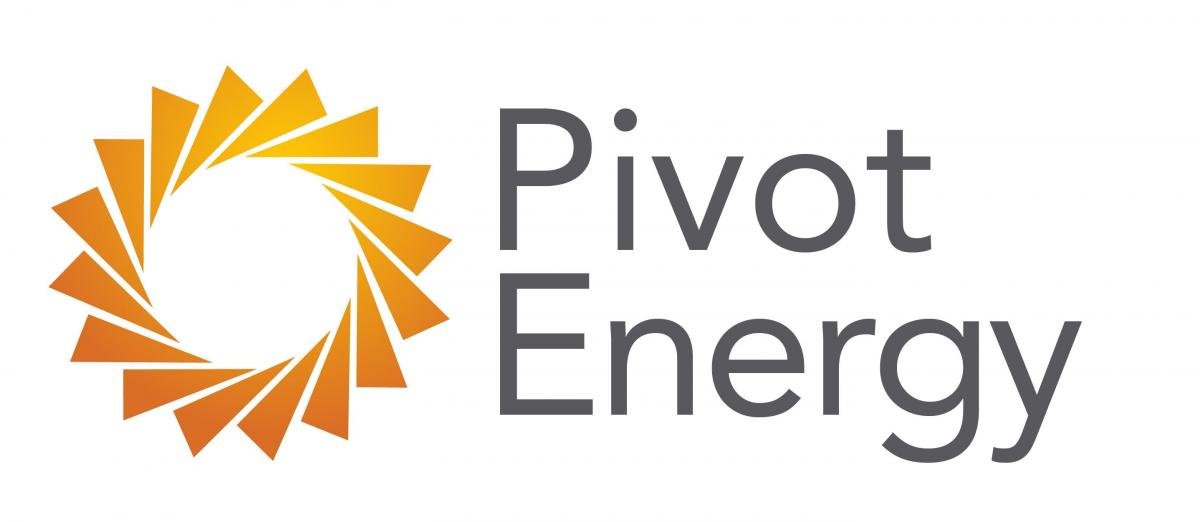
We’re beyond excited to have Bill McKibben headlining the Opening Night of the Summit! Bill is one of the nation’s most notable climate activists and the author of the forthcoming book “Here Comes the Sun: A Last Chance for the Climate and a Fresh Chance for Civilization.” Alongside seven Middlebury students, he founded the first global grassroots climate campaign, 350.org. Every Summit attendee will receive a copy of Bill’s new book.
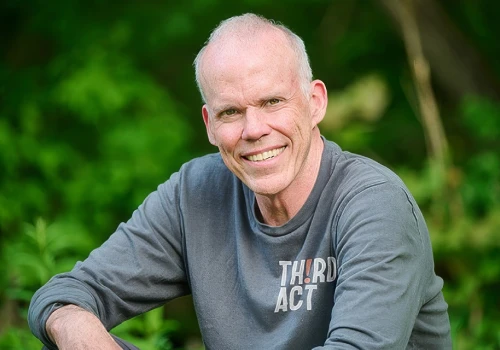
Get your book signed by Bill McKibben while enjoying complimentary craft beer from Breckenridge Brewery & a cash bar. Connect with your colleagues for dinner on your own.
Please join the Colorado Geothermal Council for a no-host networking event to chat about all things geothermal. The networking event will include council members and an NREL Thermal Energy Network subject matter expert. Attendees can purchase food and drinks.
Start Day 2 of the Summit with a run on the scenic Breckenridge trails. Together, we’ll shake out our legs, reflect on Day 1, and prepare for the day ahead—or simply enjoy swapping stories about shoes, injuries, and summer adventures.
Meet in the Hotel Alpenrock lobby at 6:30 am before heading out in three pace groups, beginning around 12-minute miles. Route options will range from 5 to 10 miles, with all groups returning by 8:00 am, leaving plenty of time to get ready for the 9:00 am start. The run will be hosted by runners from McKinstry and Brendle Group, with a few fun giveaways waiting at the end.
Awaken your body and mind with a gentle sunrise yoga flow offered by local teacher Mel Beck. The class is designed to energize and ground you for the day ahead. Through mindful movement and breath, you’ll greet the morning light with balance, clarity, and renewal. Bring a towel or your own mat, a limited number of mats will be available. Hosted by SE Group.
Meet in the Alpenrock lobby at 6:30 am for a group ride on the Breckenridge Flumes Loop, a not-too-technical 6.5 mile looped single-track ride with lots of winding, scenic sections on ridges, switchbacks, forested aspen groves, and occasional meadows, and good views over Breckenridge. Hosted by MountainFLOW.
Start day two with a delicious breakfast provided by locally owned Black Diamond Catering. Colorado sourced products will be served, along with a strong focus on a sustainable footprint. Check in available for late arrivals.
Rollie Williams, Climate Town
Jon Copeland, Vice President and Chief Operating Officer, Breckenridge Ski Resort
Shannon Buhler, Vice President and General Manager, Keystone Resort
This is the first time Alastair Lee Bitsóí and his father, Thomas Bitsóí II, will share the public stage to speak about climate. While they have these conversations at home and in ceremonial spaces, this is their first time addressing an audience of this nature. Both are members of the Navajo Nation, from the small community of Naschitti, N.M., located beneath the Chooshgai Mountains along the New Mexico-Arizona border.
In their public talk at the MT2030 Climate Summit in Breckenridge, they will share their experiences of being connected to Mother Earth and Father Sky, as well as their intergenerational approaches to land protection.
Thomas worked for many years with the Navajo Nation Environmental Protection Agency, focusing on illegal dumpsite programs. He grew up as a rancher from humble beginnings and is currently a practitioner alongside his wife, Ruthie, as healers of the Native American Church.
Alastair is an award-winning journalist, writer, and storyteller. He has cultivated climate-resilient crops like the Four Corners potatoes, which have taught him about the interconnectedness of plants and humans. He often writes about land preservation, protecting cultural sites, and amplifying Indigenous voices on climate, water, and environmental issues. He has been published in the Navajo Times, Salt Lake Tribune, High Country News, Yale Climate Connections, and Smithsonian Magazine, among other outlets.
For this welcome panel, father and son duo will help attendees ground themselves as they face various climate challenges and find solutions to mitigate the impacts of a warming climate across mountain towns throughout the Mountain West.
Introduced by Geoffrey Grimmer, Town of Eagle, CO
With demand surging from data centers, extreme weather, and the return of manufacturing to the U.S., the grid is under more pressure than ever. Utilities and businesses need new tools to ensure reliable, secure, and sustainable power. This conversation will explore how advanced energy storage, management, and cybersecurity are strengthening the grid and making communities, mountain towns, and resorts more resilient. We’ll discuss how new technologies are being deployed at scale with utilities, how U.S. manufacturing is boosting energy security, and why sustainability sits at the core of Torus’ mission.
Guests:
Chris Klima, Head of Investor Relations, Torus
Brent Hill, Managing Partner, Origin Ventures
Michael Thomas, Founder at Cleanview and Distilled (Moderator)
Join this conversation with leaders from three electric utilities about the achievability of 100% renewables, how mountain communities can help meet that goal and the emerging technologies they’re paying attention to.
Guests:
Bryan Hannegan, CEO, Holy Cross Energy
Chris Hansen, CEO, La Plata Electric
Duane Highley, CEO, Tri State Generation & Transmission Assn.
Andrew Holder, Director of Community Relations and Local Governmental Affairs, Xcel Energy
Jon Creyts, CEO, Rocky Mountain Institute (moderator)

Geothermal is one of the West’s most powerful untapped energy solutions. This session brings together leaders in energy, finance, and development to explore how geothermal can move from potential to deployment—spotlighting real-world case studies from communities and resorts already putting it to work.
Guests:
Michelle Stewart, Yampa Valley Sustainability Council (moderator)
Paul Bony, Yampa Valley Sustainability Council
Bryce Carter, Colorado Energy Office
Luke Cartin, Park City Municipal
Dr. Méndez is the former Secretary of Energy of Uruguay (2008-2015). He led the energy transition that allowed his country to have 98% renewable sources in its power matrix. Mr Méndez played a leading role in the negotiation of the Paris climate agreement. Among other awards and recognitions, Fortune Magazine included him in its list of the 50 World Great Leaders of 2016, for having demonstrated that it is possible to decarbonize an economy.
Elected Leaders join this closed door conversation with your peers about making progress on climate at the local level. Bring your lunch from the buffet to the work session.

Enjoy a short walk or e-bike ride to the Hotel Alpenrock for lunch, followed by engaging afternoon work sessions.

Deploy Clean Energy
Is your community looking at creative and collaborative ways to decarbonize? Join us for a session to learn more on when a thermal energy district might be a good option for your community and how to take a thermal energy network from design to reality. This interactive session will highlight what is needed outside of the design process to help evaluate the business case for a thermal energy district project including ownership models, governance, completing the in-building work and the criticality of vertical infrastructure. This session will end with a case study highlighting the Town of Vail’s thermal energy network.
Small and rural communities in the Mountain West are often on the frontlines of climate impacts while also facing significant capacity constraints in implementing climate action and resilience strategies. This interactive session explores partnership opportunities with graduate students through ICLEI USA’s Colorado Resilience Engine (CORE) Internship Program and CU Boulder’s Masters of the Environment (MENV) Program that are available to local governments to increase local capacity and expertise. Through hearing from, and engaging with, local government partners and graduate student participants on their experiences and key lessons learned, the hope is that these conversations will spark new partnerships, surface local needs, and inspire mountain communities to explore creative, low-cost approaches to building capacity. Learn how your community can become a strategic partner – and recipient of a targeted talent pipeline – to accelerate and scale your climate and sustainability initiatives!
Green Your Finances
Staff from the Colorado Energy Office will showcase building decarbonization projects taking place in mountain communities using funds made available through the office. Staff will then present on multi-sector funding programs being launched to accelerate decarbonization across the buildings, transportation, waste, and land use sectors. This includes CEO’s Local IMPACT Accelerator Grant, the Home Energy Rebate Program, and Colorado Solar for All. Participants will be invited to discuss challenges facing their mountain towns and brainstorm how they can tap into these resources to achieve meaningful results in their communities.
Achiveve Zero Waste
Join us for an interactive workshop on food rescue and sustainability in mountain towns. Learn how CAFE Food Rescue, Vail Resorts, and local partners turn surplus food into community support through smart logistics, storage, and outreach. We’ll explore the challenges of food insecurity in resort regions, share insights from the field, and highlight strategies for waste reduction through donation and composting. Walk away with practical tools and collaborative approaches to build a more resilient, sustainable food system.

Deploy Clean Energy
Fugitive methane from abandoned coal mines is a hidden climate threat—yet one that can be stopped. At Coal Basin, leaks account for up to 30% of Pitkin County’s emissions. CORE and partners have spent four years chasing these leaks by aircraft, drone, and horseback, and are now working toward a first-of-its-kind mitigation system on U.S. Forest Service land.
In this session, we’ll share the highs, hurdles, and hard-won lessons of tackling coal mine methane, including a nearby pilot project already destroying tons of gas. Join us to see how communities like yours can hit the “emergency brake” on one of the most potent greenhouse gases.
Planning
Traditional resilience planning assumes our systems will bend but not break — that supply chains will recover, services will resume, and help will arrive. But what happens when the systems themselves are unraveling? When our planning assumes continuity, but what we’re facing… is discontinuity?
This workshop isn’t about returning to “normal,” most communities have done that kind of planning. Instead, this conversation is about preparing for a future where normal no longer exists. We’ll explore what it means to hold the complexity of this moment and build capacity for transformation amid intensifying disruption.
Transportation
Join Breck E-Ride and Drop Mobility leaders to learn how Breckenridge went from the idea of a bike share – to a sustainable and thriving system – in just a couple years. From community input to procurement, planning a system to launch – we will take you through the story of how Breckenridge and other mountain towns made their programs a reality. Let us answer any questions you may have about bringing bikes to your community!
Green Your Finances
Protect The Natural Environment
Wildfire risk is one of the greatest challenges facing mountain communities—and the way we manage forests today will define both our resilience and our climate footprint tomorrow. In this session, Alan Spadafora of Circle Forestry and Darren McAvoy of Utah State University will share how mobile biochar production can be integrated directly into wildfire mitigation and forest management projects.
We’ll explore how this approach turns hazardous fuels into a long-term carbon sink, reduces smoke emissions compared to pile burning, and creates a valuable soil amendment that supports local regenerative economies. Attendees will learn about the science, on-the-ground operations, and policy frameworks that make biochar a scalable tool for both climate action and community safety.
Optimize & Electrify Buildings
Explore an energy- and cost-saving alternative to traditional snow melt controls. Through fine-tuning and a partnership with Building Technoloy Systems (BTS), Breckenridge Grand Vacations cut their natural gas use by 14%, earned three EPA awards, and saved thousands of dollars annually. See firsthand how they achieved this through temperature adjustments, advanced control optimization, sensor solutions, boiler efficiency improvements, and a pinpoint weather system. Space is limited, please RSVP here.
Introducing Solutions Labs – A New Format for 2025
This year, the Summit launches an all-new format: Solutions Labs. These two-hour-and-fifteen-minute sessions are dedicated to a single solution area, giving space to go deeper than ever before. Each lab features dynamic, TED-style talks (about 15 minutes each), followed by open time for conversation, collaboration, and peer learning. These immersive labs are designed as hubs for connection – a chance to engage with experts and explore fresh ideas alongside your peers.

Sustainable Building Solutions Lab
Discover how diverse mountain communities are advancing sustainability-driven building practices to achieve their climate goals. Presentations will run in the order listed, and the session will conclude with a collaborative discussion to share ideas and strategies.
Optimize & Electrify Buildings
Rewiring America has been partnering with Boulder County to massively bring down the cost of heat pump installations for low-and-moderate income families. We all know there’s no silver bullet solution to home electrification, so come hear about our silver buckshot approach to transform the market through groundbreaking vertically-integrated heat pump partnerships, timely policy intervention, brilliant city and county staff, and innovative partnership development.
Optimize & Electrify Buildings
Hear how climate action goals are being incorporated into building design in the Town Of Breckenridge.
Optimize & Electrify Buildings
Two years ago, Avon set a bold vision for low-carbon buildings, transportation, and land use. Today, that vision is becoming reality. This session explores how net zero housing, reduced commutes, and healthy living environments align with climate action plans. The session will also address overcoming the financial and partnership challenges along the way. We’ll share the path for sustainable and affordable housing development that other communities can replicate. It is possible to balance cost, sustainability, and livability without compromise.
Optimize & Electrify Buildings
Three years into Crested Butte’s all-electric building code, what are we learning from the ground up? This session will dive into real-world case studies to explore how all-electric construction has been implemented, along with the up-front and operational cost considerations that have surfaced. We’ll discuss key takeaways, opportunities for refinement, and how these insights can help shape strategies to support retrofits and the electrification of existing homes moving forward.
Optimize & Electrify Buildings
We are currently in the middle of a comprehensive Decarbonization Master Plan for all county buildings and operations for Eagle County, CO. Our plan will fully eliminate fossil fuel usage by the county by 2050, with an interim 2030 requirement of a 50% reduction. Our plan includes some exciting, innovative, and creative solutions.
Optimize & Electrify Buildings
The buildings where we live, work, and play often account for a large portion of our communities’ climate altering GHG emissions. Local governments have a duty to protect public health and have direct influence on how buildings are built, renovated, and maintained. While building codes are one of the major tools to decrease GHG emissions, local control need not be absolute for communities to take action. Come hear from Utah Clean Energy and Lotus Engineering & Sustainability on approaches ranging from voluntary stretch codes to collaboration on required energy code updates. You’ll also have an opportunity to interact with communities that have started down the path to building decarbonization.
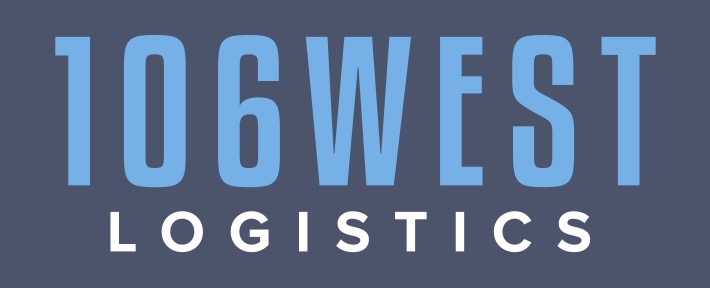
Planning Solutions for Building
Explore five focused presentations showcasing best practices, tools, and case studies in planning. The session closes with an interactive exchange designed to explore practical strategies and actionable insights. Presentations will run in order listed.
Planning
With only two full-time staff, Blaine County’s Sustainability Division has built a powerful force for climate action through the 5B Climate Action Network—112 partners strong. This unique coalition model ensures that while the County manages the Climate Action Plan, most of the work is driven by the community, NGOs, and local governments. In a region where government action can be limited, this broad-based collaboration has become the key to real progress. Together, the network has delivered decisive results, fostered innovation, and created strong local ownership of solutions. Even more, the structure allows Blaine County to pivot quickly—shifting from federal grants to nimble, locally led initiatives with equal impact but fewer roadblocks. Join us to discover how this collaborative approach turns ambitious climate goals into tangible change.
Planning
Two years ago, in the aftermath of the Marshall Fire, we shared how this devastating event became a turning point for the City of Louisville, inspiring the creation of our Internal Decarbonization Plan. That conversation focused on our initial vision and the steps we took to get the plan adopted.
Now, as a follow-up, we are bringing the story full circle. In this session, we’ll share the progress we’ve made since then, the lessons we’ve learned on the ground, and the practical budgeting strategies that other jurisdictions can adapt to their own projects. From rebuilding with resilience to rethinking municipal operations, we’ll show how the Marshall Fire continues to shape our path forward—and how local governments can turn challenge into opportunity when tackling the complexities of decarbonizing municipal facilities.
Planning
Explore how Deer Valley’s internal Climate Action Plan empowers staff and cultivates a sustainability- forward culture, driving towards Deer Valley’s climate goals from within. Learn about the successes Deer Valley has achieved through maintaining a clear, prioritized project roadmap.
Planning
Pitkin County faces growing challenges from climate change, housing inaccessibility, and economic inequality—not from population growth alone, but from the intensity of development and use. Large homes, service-driven demand, rural events, and traffic are straining resources and undermining the quality of life values that are essential in mountain communities. Vision 2050 equips the County with the tools to make informed land use decisions that reduce emissions, protect rural character, balance the economic demands of the region and seek to preserve the affordability and equity of the local workforce and community.
Planning
The Climate Equity Plan is designed to advance environmental justice by ensuring that those who are most affected by climate change are at the center of decision making. This plan is rooted in a community driven process that actively engages the County’s priority communities, creating space for their voices, experiences, and solutions to shape climate action. By prioritizing the needs and perspectives of historically underrepresented groups, the plan works to address existing disparities while also preparing for future climate impacts.

Reflect on our two days together and connect with colleagues while enjoying complimentary craft beer from Breckenridge Brewery & a cash bar. Savor delicious bites from Hotel Alpenrock.

The Mountain Towns 2030 Climate Action Awards celebrates the bold leadership, collaboration, and innovation happening across our network – while inspiring action in other communities.
Join us as we celebrate the communities, collaborations, and individuals shaping the future of climate leadership in mountain towns.
